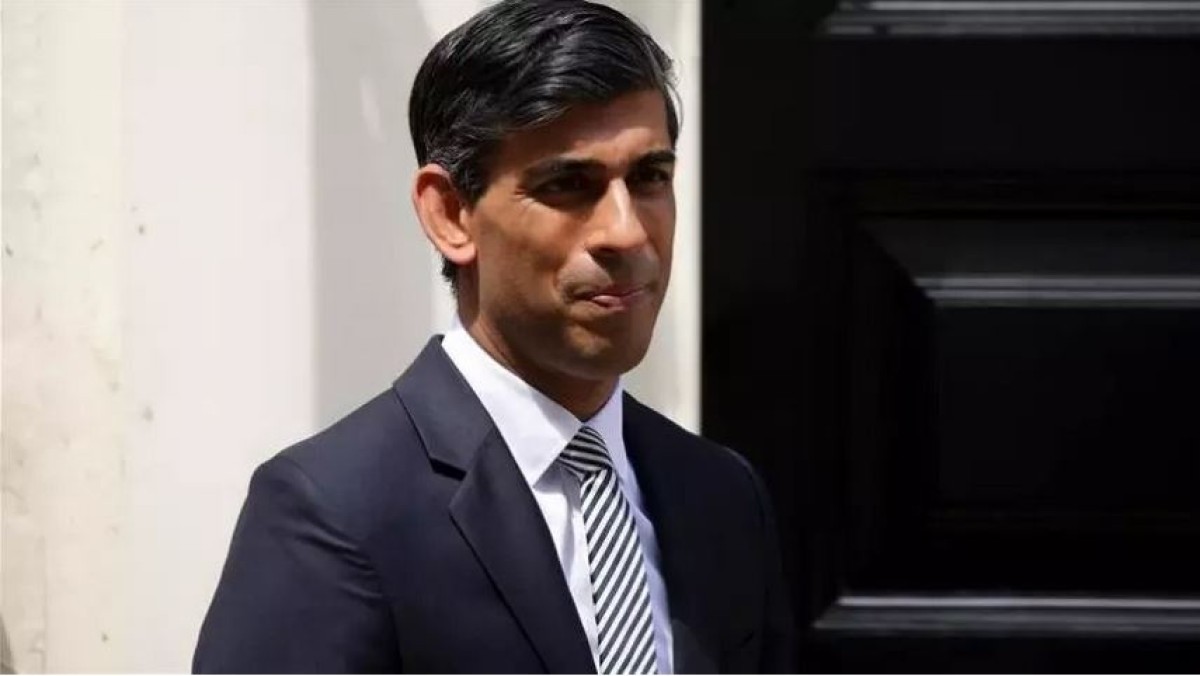 1097
1097
Towards the end of the prime ministership
Towards the end of the prime ministership
Amin Mahdavi
Britain is a country that has always balanced continuity and change in politics, striving to maintain stability at all times. However, it appears that after more than two centuries, this stability will be lost as the country prepares to welcome its sixth prime minister in the last eight years. This is an unprecedented event in the British political sphere.
Mr. Sunak's Risk!
British Prime Minister, Mr. Rishi Sunak, has taken a significant risk to maintain power by announcing early elections next month. While he could have waited six months to hold the elections, it appears he believes that calling them sooner will improve his party's chances of staying in control. This decision comes even though the Conservatives are currently trailing behind the Labour Party in official polls, making the likelihood of their defeat very high. Despite these odds, Mr. Sunak has chosen to take a bold risk and challenge his party's standing.
Which one's strengths and weaknesses are stronger?
However, Mr. Sunak is attempting to secure the election by focusing on two key issues. The first, and most critical, is the economy. He has excelled in this area, successfully reducing his country's inflation rate from 11% to nearly 2% in just 2 years, a feat he proudly refers to as a significant achievement.[1]However, according to various experts, Britain still faces a challenging path to achieve economic stability, and the Prime Minister's policies have been seen as temporary. The approach of these experts, as well as the economic plan presented by Sunak, are not well-liked by the British people, and it seems that his plans will not be well received. The fact that the quality of life in Britain has not yet reached the desired level by the people is something that the Prime Minister should pay attention to.
Mr. Sunak believes that the achievements of his government have been neglected and his efforts have not been properly recognized. There are several main reasons for this, one of them being his unpopularity within the right wing of the Conservative Party. They are upset that an individual of Indian origin is in charge of the party and believe that he is not capable of effectively managing the country. [2]Additionally, his popularity is relatively low, which has made him and his government less popular. In fact, the divisions within the party have become more visible, which could deal significant blows to both the party and the British government.
Additionally, a significant wave of resignations from members of the prime minister's party poses a major problem for both him and the party. It appears that the Tories are heading towards a substantial electoral defeat, which may result in them relinquishing control of 10 Downing Street after 14 years to their arch-rivals, the Labour Party led by Mr. Starmer. Consequently, they have decided to withdraw from the elections in order to avoid being associated with this impending defeat. This wave of withdrawals has been on the rise since 1997, when the Conservatives experienced their most significant loss.[3]
With all of these issues, Mr. Sonak hopes that by focusing on the economy, national security, and managing the migrant crisis, he will be able to secure public favor and maintain his position as prime minister and party leader for the next five years. However, even if the conservative party wins, he faces a challenging path to retaining his leadership role. Additionally, the Prime Minister's approach to dealing with the Labor Party highlights the absence of a specific defense plan. This is crucial, especially given the ongoing conflict in Ukraine and the potential for a broader conflict, possibly leading to a third world war. Currently, British military doctrine underscores the importance of supporting and defending Ukraine, as well as maintaining close ties with the United States as a key strategic ally that could assist Britain in times of war.
In fact, using people's fears to sway their opinions and pressuring them to vote for a specific program over a question mark may be somewhat effective. However, these tactics will likely not have a significant impact on the British people's vote.
All in all, it seems that the Labour Party does not have a difficult road ahead to win the election, as the people will likely not vote for the Conservatives. However, whether the Labour Party can secure a majority in Parliament is a crucial question that will be answered on election day. They face competition from the Liberals, who have seen a resurgence in recent elections and have become the third major party. It is possible that they could prevent Labour from forming a majority in Parliament.
As a result, the outcome of the upcoming elections could have significant implications for Britain's approach to immigration, the conflict in Ukraine, and its domestic economy. A change in Parliament and government could also have broader effects in Europe and globally. The Labour Party's stance and actions could play a role in confirming Britain's role in international politics and potentially contribute to efforts to end the conflict in Ukraine.
[1] economist.com
[2]euronews.com
[3]nbcnews.com
 1097
1097
Comment
Post a comment for this article